Book Review: "Only Humans Need Apply – Winners and Losers in the Age of Smart Machines"

Posted on Feb 22, 2017 7:00 AM. 3 min read time
With the heavy media coverage and spotlight on manufacturing jobs and automation, it’s a good time to consider different perspectives and action plans such as the ones presented in the book Only Humans Need Apply (May 2016). From HarperCollins: “In Only Humans Need Apply, Thomas Hayes Davenport and Julia Kirby reframe the conversation about automation, arguing that the future of increased productivity and business success isn’t either human or machine. It’s both. The key is augmentation, utilizing technology to help humans work better, smarter, and faster.”
Convincing people that automation is a good thing usually requires pointing out how it frees humans from jobs that are dull, dirty and dangerous. But, what happens when automation is better at making decisions, and replaces knowledge workers?
Replacing Knowledge Workers
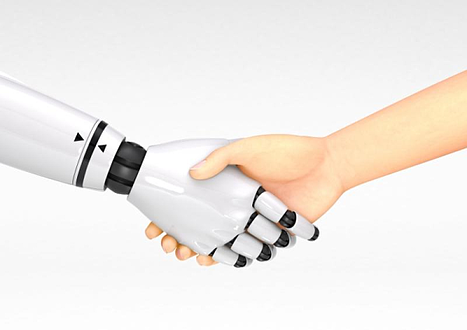 In Only Humans Need Apply, the authors give a brief history of the eras of automation, and then explore the current (third) era in more detail. Specific cases illustrate how knowledge workers are being replaced. For example, electronic stock trading has replaced people on the stock exchange floor, lawyers are using e-discovery instead of manually sifting through documents, and architects use CAD to modify blueprints instead of assigning hours of drafting work to an entry-level colleague. An explanation of how job loss happens is that entire jobs aren’t always replaced, but tasks are done more efficiently by fewer people: “The more structured tasks will be taken over by machines, or made substantially more productive by them. In this way, jobs will literally be disintegrated. And one of your colleagues will be able to handle the work that ten of you do today.”(1)
In Only Humans Need Apply, the authors give a brief history of the eras of automation, and then explore the current (third) era in more detail. Specific cases illustrate how knowledge workers are being replaced. For example, electronic stock trading has replaced people on the stock exchange floor, lawyers are using e-discovery instead of manually sifting through documents, and architects use CAD to modify blueprints instead of assigning hours of drafting work to an entry-level colleague. An explanation of how job loss happens is that entire jobs aren’t always replaced, but tasks are done more efficiently by fewer people: “The more structured tasks will be taken over by machines, or made substantially more productive by them. In this way, jobs will literally be disintegrated. And one of your colleagues will be able to handle the work that ten of you do today.”(1)
Chapter 1, Are Computers Coming After Your Job? could be disillusioning, particularly if you don’t score well on “Ten Reasons to Look Over Your Shoulder.” Jobs with tasks that involve transmitting content, answering data-dependent questions, and eight other factors are top candidates for automation.
Augmentation
 Chapter 3 is more hopeful, with examples, advice and encouragement to embrace augmentation instead of full automation. A specific example is used to illustrate their point: in a grocery store, if both the self-checkout and the human cashier options have the same line length, customers prefer the human cashier. In this instance, full automation does not successfully replace the human. However, barcode scanning augments the cashiers’ jobs, allowing them to work more efficiently.
Chapter 3 is more hopeful, with examples, advice and encouragement to embrace augmentation instead of full automation. A specific example is used to illustrate their point: in a grocery store, if both the self-checkout and the human cashier options have the same line length, customers prefer the human cashier. In this instance, full automation does not successfully replace the human. However, barcode scanning augments the cashiers’ jobs, allowing them to work more efficiently.
Action Steps
Kirby and Davenport say that knowledge workers have five “steps” they can opt to take regarding automation: up, aside, in, narrowly, or forward. Each of these steps has an entire chapter devoted to it. Stepping “up” is where managers who successfully implement automated systems fall. Those who step up will be making augmentation decisions, and determining how and where automation will be used.
Social Impact
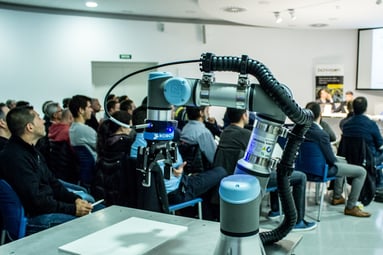 The final chapter, Utopia or Dystopia? How Society Must Adapt to Smart Machines stresses the importance of policy-making: “Because scientific discoveries and technological breakthroughs get so much credit for changing the world, it can be easy to overlook the importance of social policy-making in ensuring that times of transformation turn out overwhelmingly for the good.”(2). This chapter invites discussions about legal innovations, education – including STEM education, “entrepreneurial” learning, and the feasibility of programming values into machines.
The final chapter, Utopia or Dystopia? How Society Must Adapt to Smart Machines stresses the importance of policy-making: “Because scientific discoveries and technological breakthroughs get so much credit for changing the world, it can be easy to overlook the importance of social policy-making in ensuring that times of transformation turn out overwhelmingly for the good.”(2). This chapter invites discussions about legal innovations, education – including STEM education, “entrepreneurial” learning, and the feasibility of programming values into machines.
Only Humans Need Apply explores issues and raises questions of great interest to managers tasked with implementing automation. The concepts and ideas presented can assist anyone who needs to consider not just the return on investment but also the social impact of automation.
Prepare Now
For anyone who believes that wait and see what happens is not a good strategy, Only Humans Need Apply explains the benefits of augmentation, provides examples, and offers discussion topics to inspire action. Knowledge workers are well-advised to take steps now and prepare strategically to have many of their tasks automated.
Davenport, Thomas H.; Kirby, Julia. Only Humans Need Apply: Winners and Losers in the Age of Smart Machines. HarperCollins. Kindle Edition. (1) p. 23 (2): p. 228

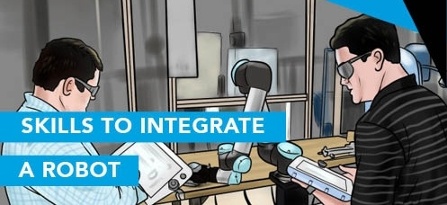
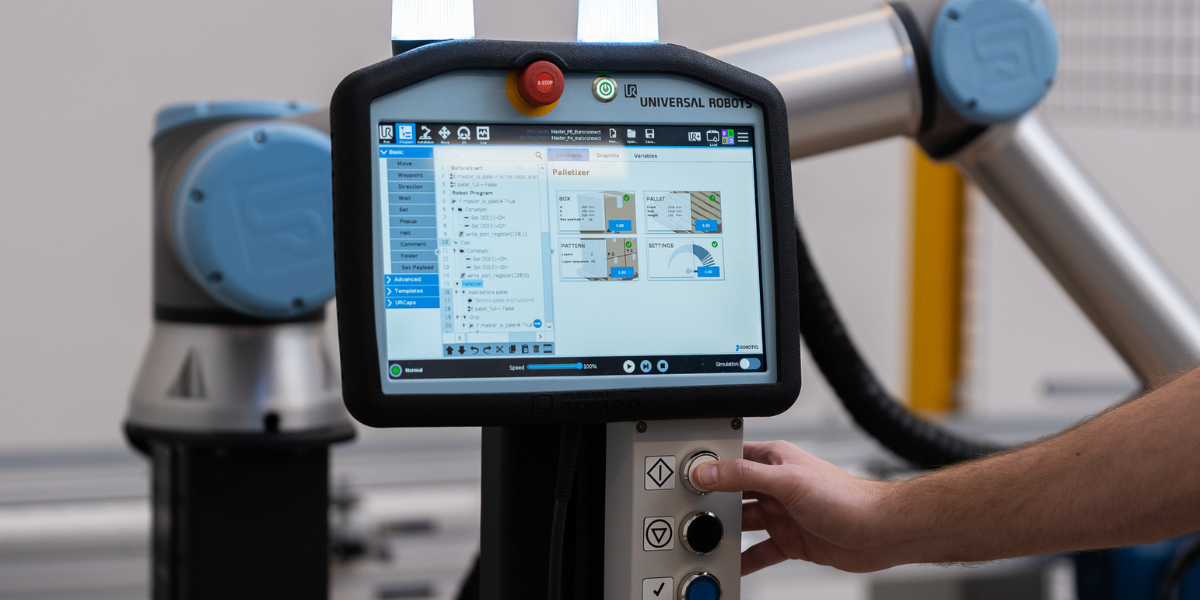

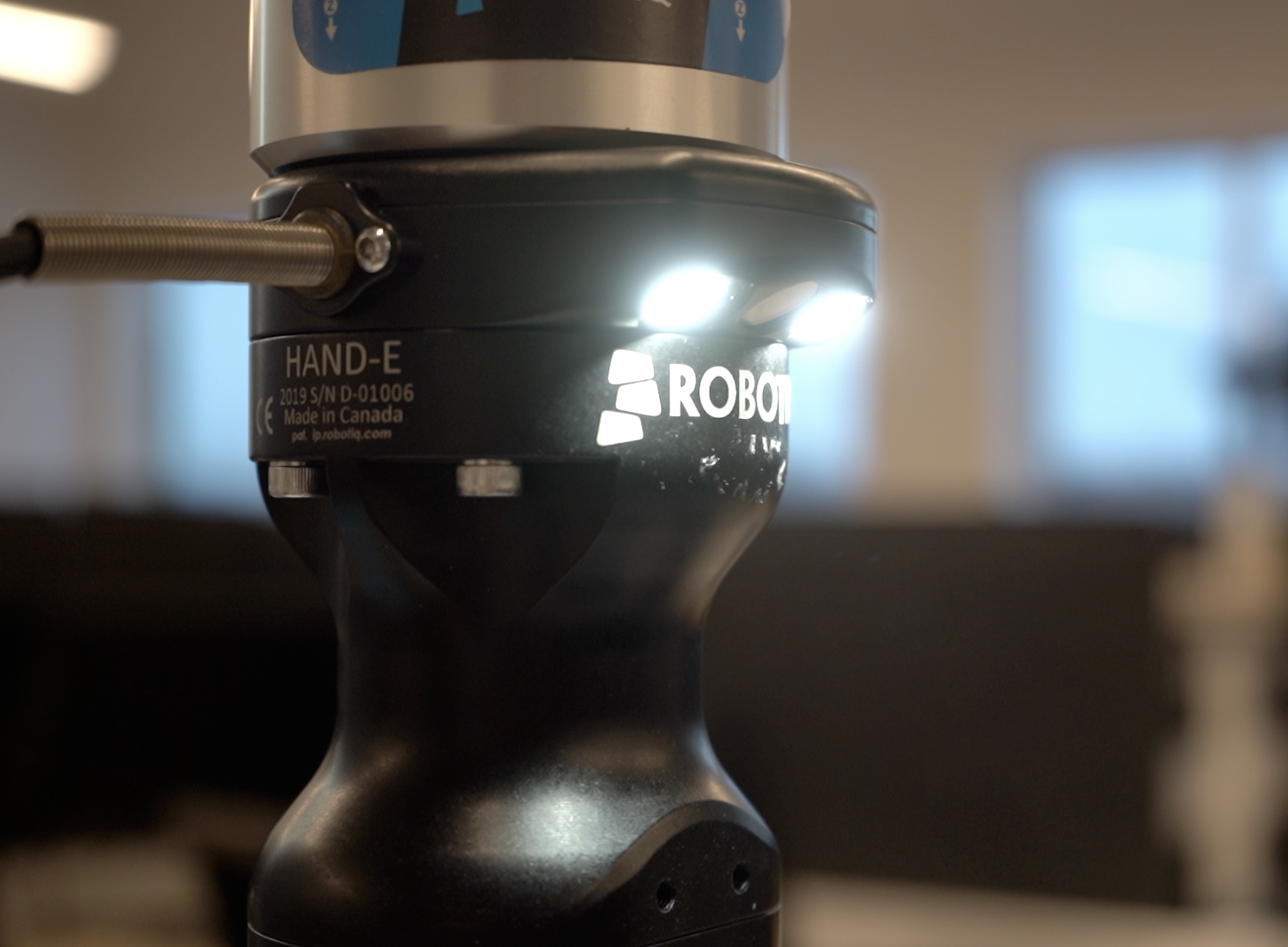

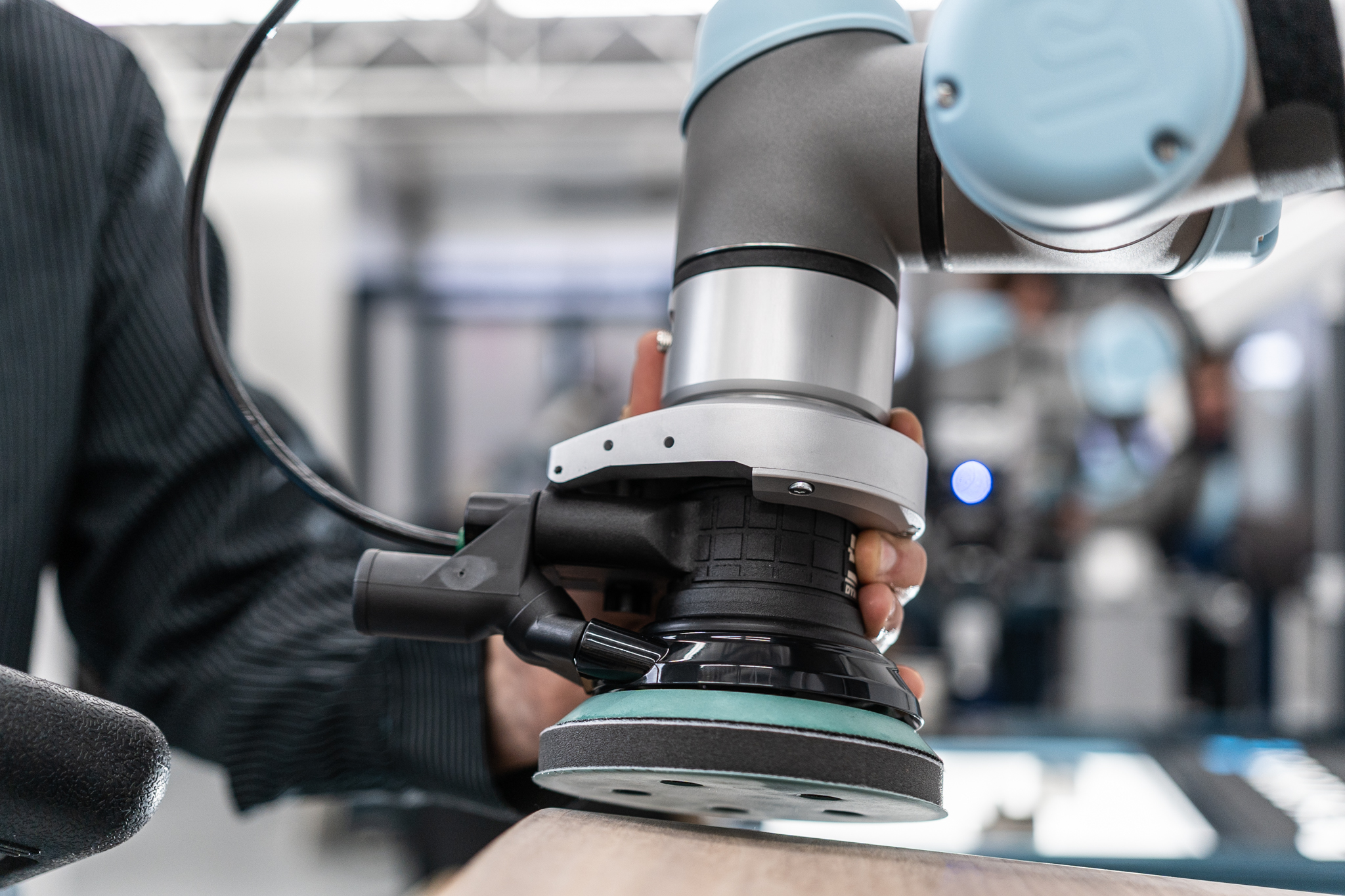


Leave a comment